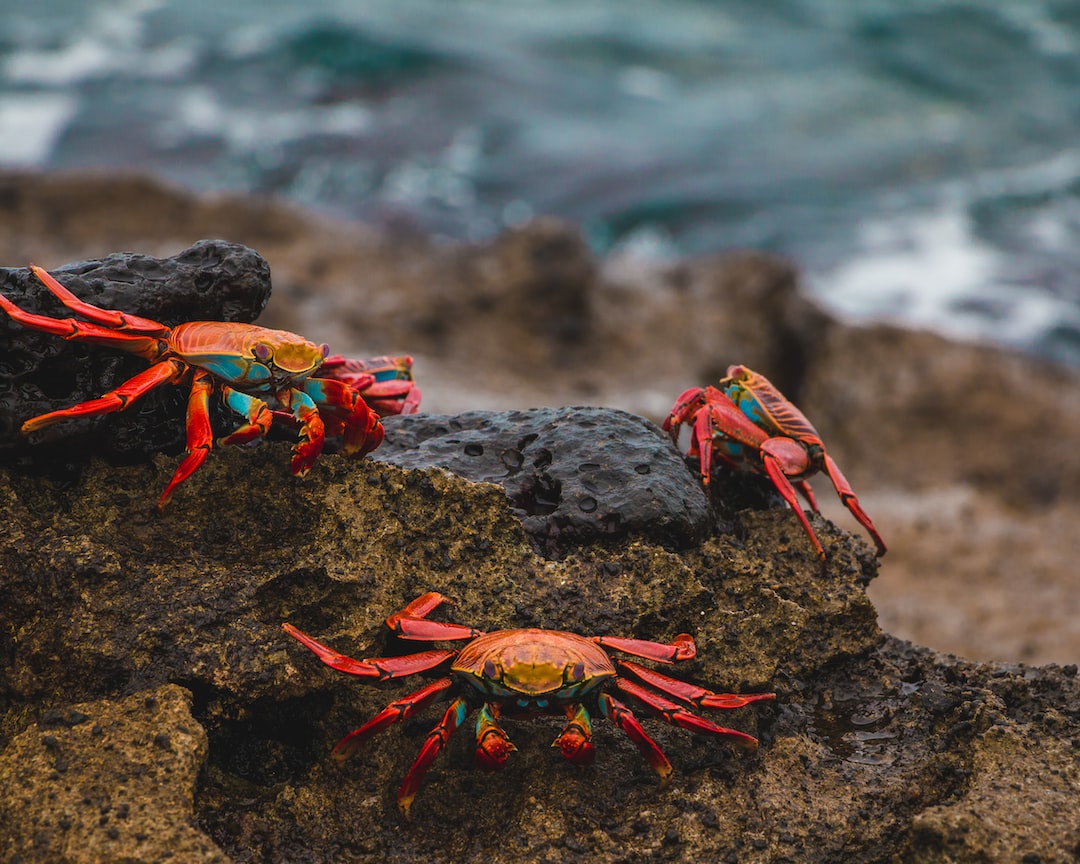The Importance of Biodiversity in Preserving Animal Species
Biodiversity, the variety of life forms on Earth, is essential for the preservation of animal species. It encompasses the diversity of genes, species, and ecosystems, providing a stable and balanced environment for all living organisms. However, in recent years, biodiversity loss has become a critical issue that threatens the survival of countless animal species. Understanding the importance of biodiversity is crucial in addressing this crisis and ensuring the continued existence of these creatures.
One of the primary reasons why biodiversity is essential in preserving animal species is the interdependence of different species within ecosystems. Ecosystems rely on a delicate balance, where each organism plays a specific role. This intricate web of interactions ensures the sustainability of the ecosystem and the survival of its inhabitants. From pollination to nutrient cycling, every organism has a unique role that contributes to the overall health of the ecosystem.
For instance, bees and other pollinators are crucial for the reproduction of flowering plants. Without these insects, many plant species would not be able to reproduce and would eventually die out. This, in turn, would disrupt the food sources of numerous herbivorous animals that rely on these plants. The removal of just one species from an ecosystem can have a ripple effect, with far-reaching consequences for the entire animal community.
Moreover, biodiversity is vital for the resilience of ecosystems in the face of environmental changes. As the planet continues to experience climate change and other human-induced disturbances, the ability of ecosystems to adapt becomes paramount. A diverse range of species ensures that there is a greater chance of some of them being able to tolerate or adapt to changing conditions. This resilience helps ecosystems to maintain their functionality, providing habitats and resources for animal species to survive.
Furthermore, biodiversity contributes to the discovery of new medicines and the advancement of scientific knowledge. Many animal species possess unique characteristics and chemical compounds that can be used for the development of pharmaceutical drugs and treatments. For instance, the venom of some snakes has been found to contain compounds with potential anti-cancer properties. Additionally, studying animal behaviors and adaptations provides valuable insights into evolutionary processes, leading to breakthroughs in various scientific fields.
Preserving biodiversity is not only crucial for the survival of animal species but also for the well-being of humans. Ecosystem services, the benefits that humans derive from nature, rely on the existence of diverse and functioning ecosystems. These services include the provision of clean air and water, climate regulation, and the production of food and resources. Without a healthy and diverse range of animal species, our ability to access these services becomes compromised, affecting our quality of life.
However, despite the importance of biodiversity, it is under increasing threat. Human activities, such as deforestation, habitat destruction, pollution, and climate change, continue to accelerate biodiversity loss at an alarming rate. Addressing this crisis requires a multi-faceted approach, combining conservation efforts, sustainable land use practices, and effective policies to protect and restore habitats.
Individuals can contribute to the preservation of biodiversity through small but impactful actions. Planting native species in gardens, supporting sustainable agriculture, reducing plastic waste, and being conscious of our consumption habits can all make a difference. Education and raising awareness about the importance of biodiversity are also crucial in inspiring collective action and generating change.
In conclusion, biodiversity plays a pivotal role in preserving animal species. It ensures the stability and resilience of ecosystems, provides resources for human well-being, and contributes to scientific advancements. The ongoing loss of biodiversity poses a significant threat to both animal populations and human livelihoods. Recognizing and valuing the importance of biodiversity is crucial in order to protect and conserve the rich diversity of life on Earth.

